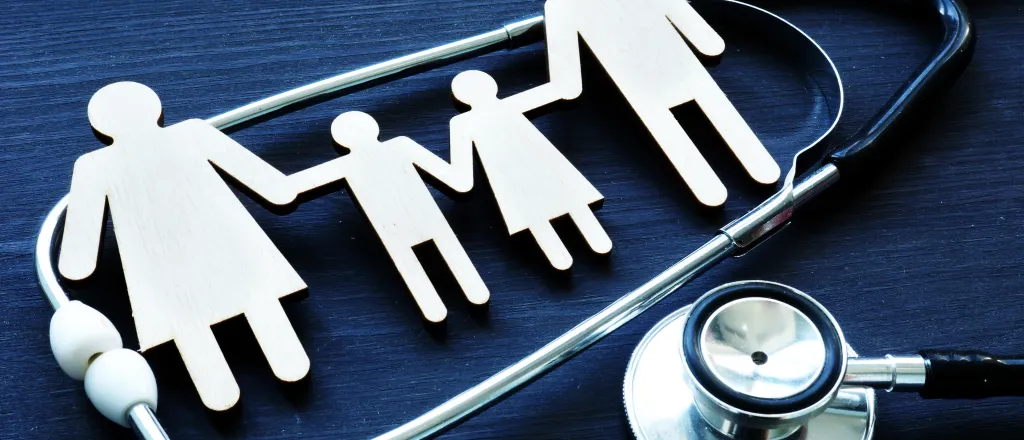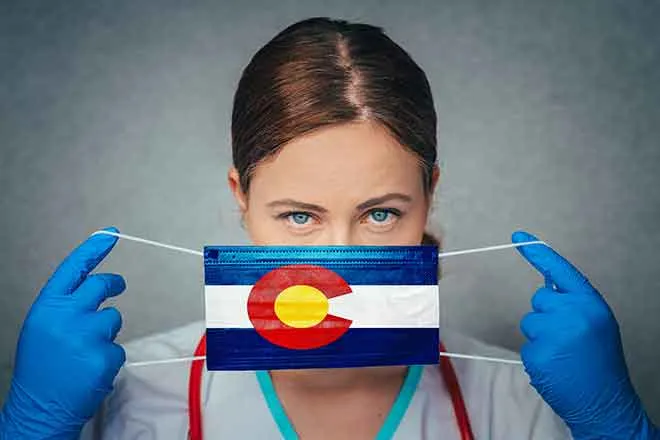
Medicare savings boosts Colorado’s safety net health centers
(Colorado News Connection) Colorado's safety net community health centers are getting a boost in funding after saving Medicare over $15 million last year, serving nearly 14,000 beneficiaries.
Ben Wiederholt - interim chief executive officer of the Community Health Provider Alliance, the group that is bringing the federal dollars back to the state - said the savings are largely due to health centers' comprehensive care delivery model, which results in higher quality care at a lower cost.
"So when you go to a federally qualified health center, you are not only going to be able to receive primary care for one's physical health condition," said Wiederholt, "you are going to be given the opportunity to also receive additional clinical services such as dental or oral health care, and integrated behavioral health."
Over the past four years, Colorado health centers saved Medicare $52 million. The alliance gets to keep half of those savings.
Unlike some for-profit accountable care organizations, where that money goes to shareholders, the alliance distributes nearly all funds directly to health centers that serve all patients regardless of their ability to pay.
The alliance's 18 member centers will receive up to $750,000, which Wiederholt noted can be used to boost staffing levels.
This is a small percentage of centers' overall funding streams, but he said it's important given the current political strife in Congress and the end of one-time funding to expand services during COVID.
"This money comes at a really important time," said Wiederholt. "The end of the public health emergency means there are less people enrolled in Medicaid. Those people become uninsured, and then there is very little if any reimbursement for those patients."
To bring Medicare savings back to Colorado, community health centers also need to show improved health outcomes.
In addition to identifying a patient's medical condition, Wiederholt said centers also identify each patient's social needs to match them with resources.
"That might be a care coordinator, a patient educator," said Wiederholt, "it might be somebody who is connecting them to other programs in the community around transportation or access to food."

















